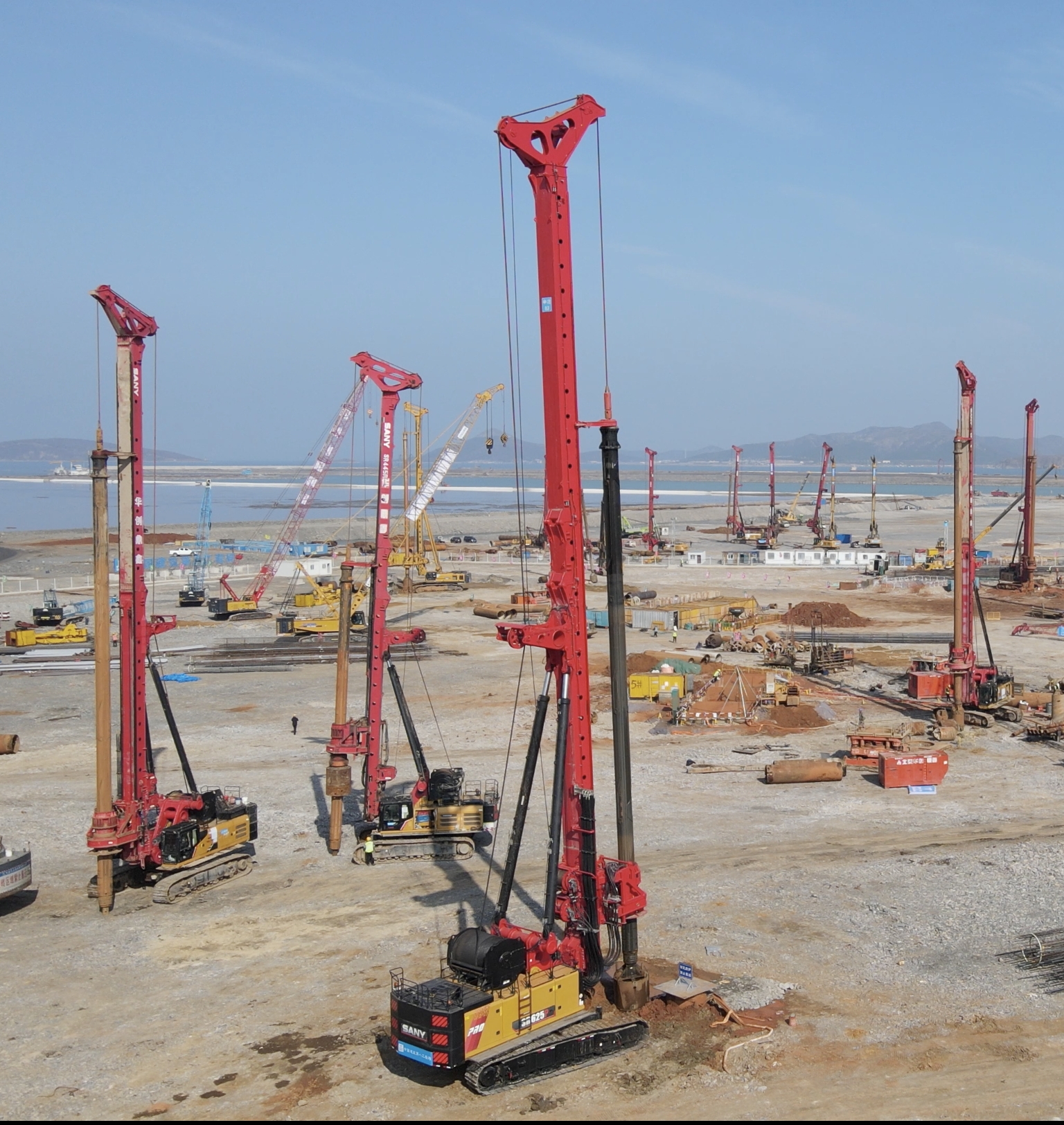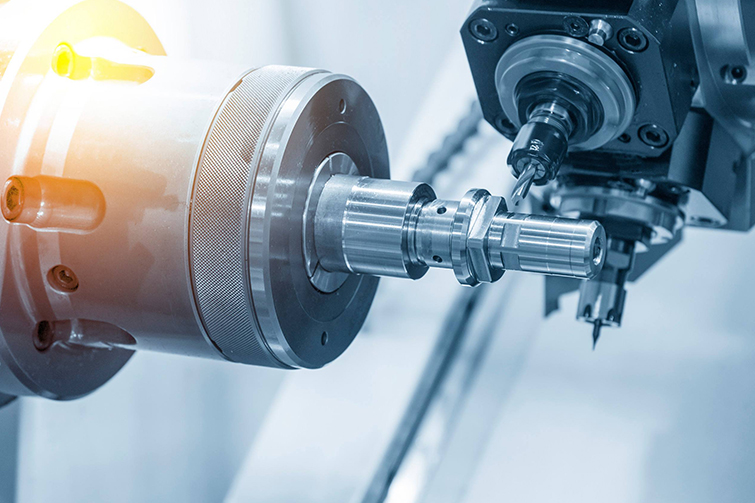

Ensuring Reliable and Stable Performance in Your Systems

Understanding Reliability and Stable Performance
Reliability and stable performance are the backbone of any successful system. Reliability refers to the system's ability to perform its required functions under given conditions for a specified period of time. On the other hand, stable performance ensures that the system operates consistently without unexpected fluctuations or downtimes.
Key Strategies for Enhancing Reliability
To enhance reliability, it's essential to implement rigorous testing protocols, including stress and load testing, to identify potential failures before they occur. Additionally, adopting redundancy in critical components can safeguard against unexpected system failures.
Maintaining Stable Performance
Stable performance can be maintained through regular system updates and optimizations. Monitoring tools can provide real-time insights into system performance, allowing for proactive adjustments to prevent performance degradation.
Common Questions
How often should system testing be conducted?System testing should be conducted regularly, ideally as part of a continuous integration and deployment pipeline, to ensure ongoing reliability and performance.
What are the signs of unstable system performance?Signs include frequent crashes, slow response times, and inconsistent behavior under normal operating conditions.








